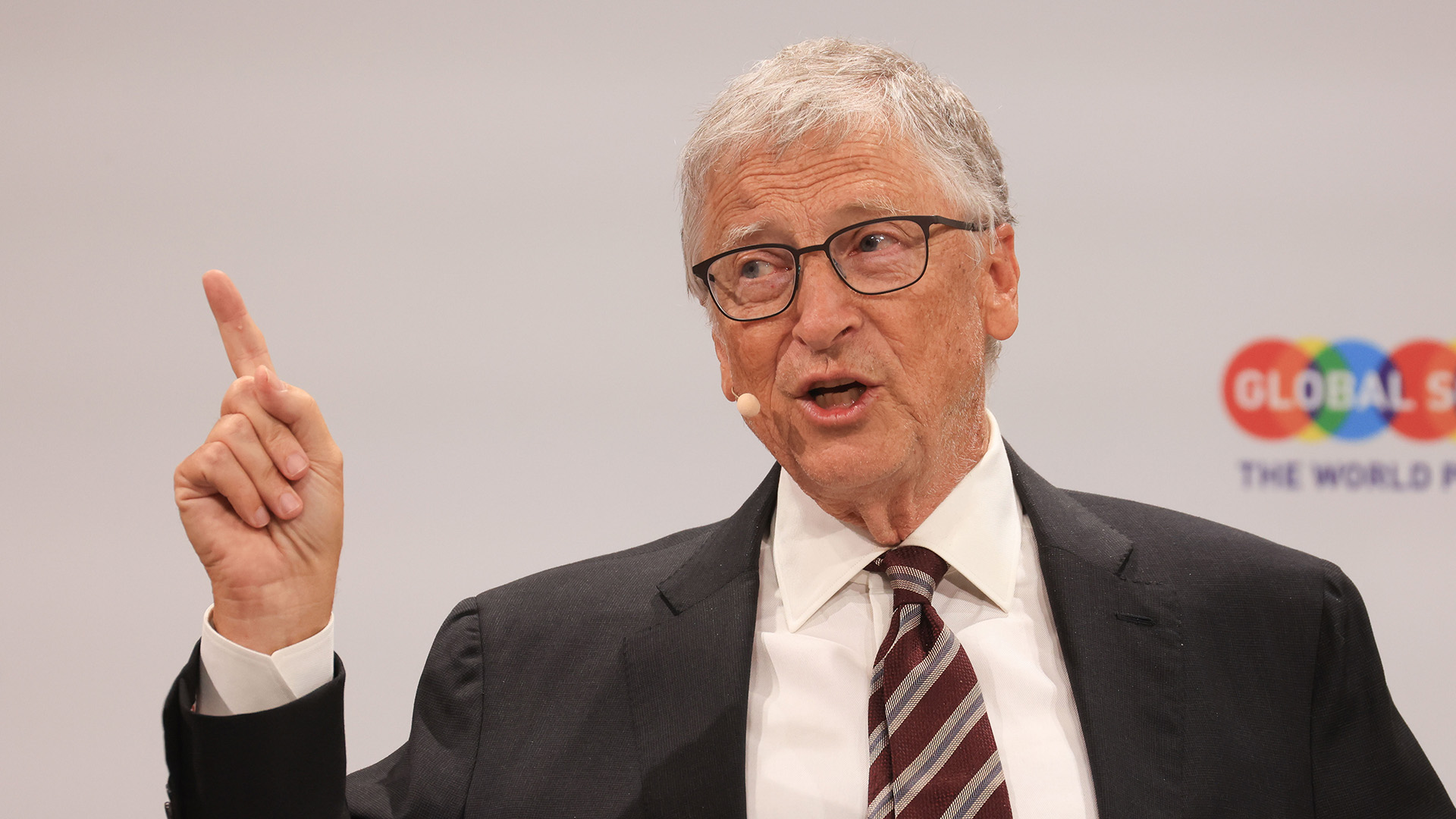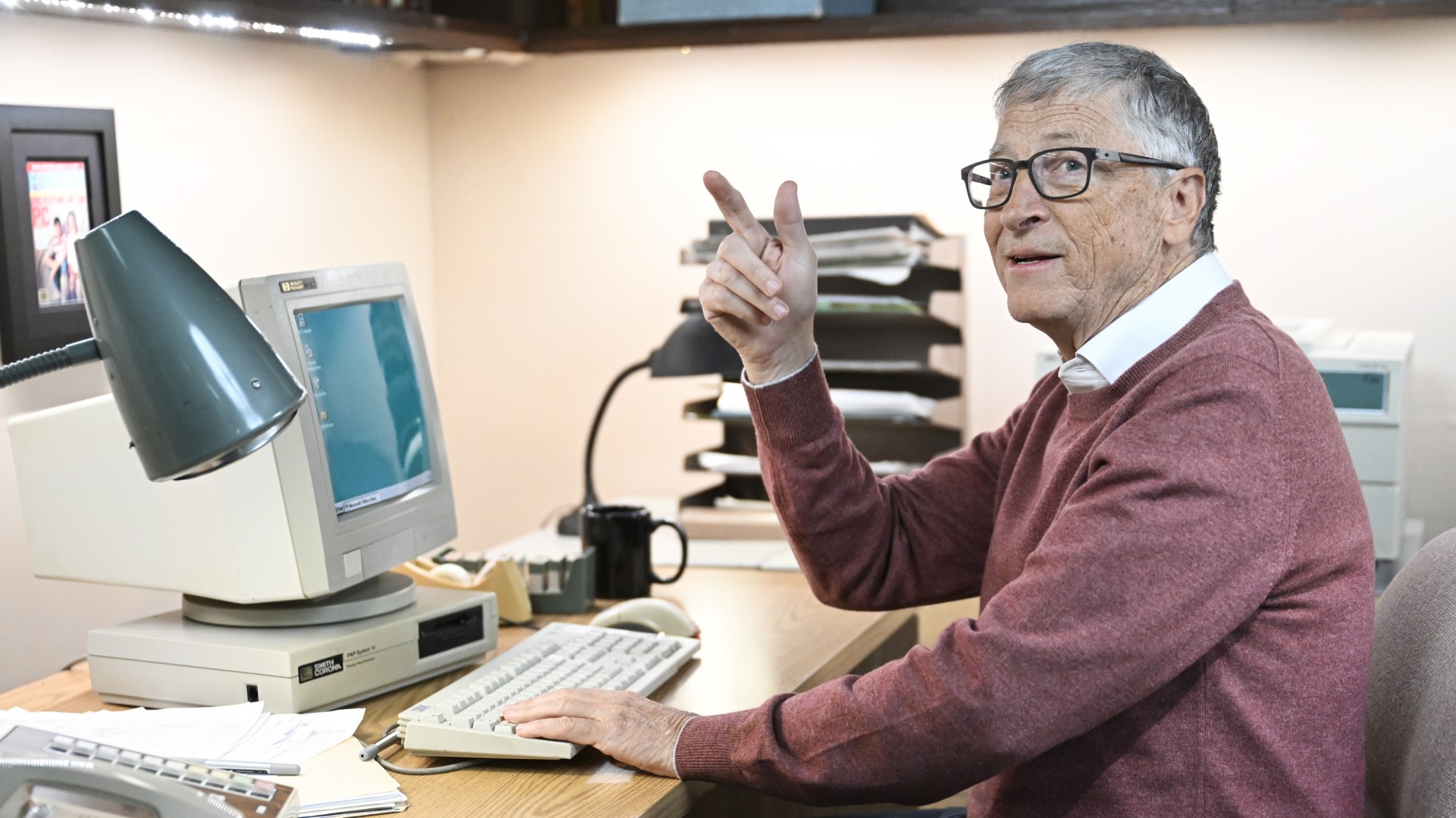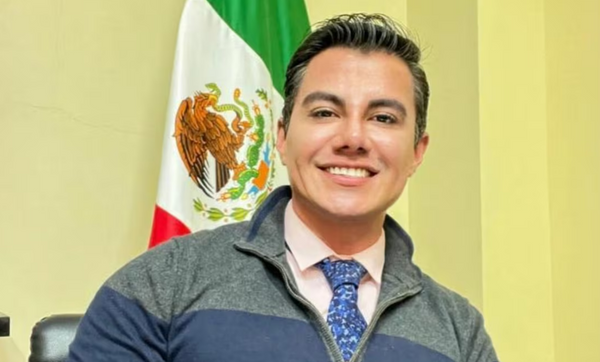
Microsoft is arguably the most valuable company in the world, with a market capitalization of over $3 trillion. Its products and services have been broadly adopted worldwide and are essential to the success of most organizations.
Last year's CrowdStrike global IT outage caused by a faulty rapid response content update crippled operations across a wide range of business after leaving approximately 8.5 million Windows devices with dreadful a Blue Screen of Death (BSoD) error.
While competition has stiffened over the years, prompting the Redmond giant to trade places with NVIDIA and Apple for the top spot due to their heavy investment in the AI bubble, Microsoft co-founder Bill Gates recently shared the early key ingredients contributing to the tech giant's success.
As highlighted in the co-founder's new memoir, Source Code: My Beginnings, the philanthropic billionaire revealed that he began sneaking out at the wee hours of the night at the tender age of 13 to code because his house didn't have a computer.
He'd take a 20-minute ride downtown to access a computer, where he'd often practice and perfect his coding skills, only to return home at 2 a.m. Gates indicated that he greatly benefited from "laissez-faire treatment," as passers-by were seemingly unphased by his presence in town in the dead of night.
Bill Gates attributed his early interactions with a computer to a local company in Seattle called Computer Center. He had unlimited computer access, where he'd spend hours perfecting his coding skills. However, he was required to help the company with bugs and malware issues.
We were kids… none of us had any real computer experience,” Gates wrote. “Without that lucky break of free computer time—call it my first 500 hours—the next 9,500 hours might not have happened at all.
Microsoft co-founder, Bill Gates
Bill Gates had to leave Harvard for Microsoft

Bill Gates revealed he was forced to ditch Harvard University barely three semesters after joining the prestigious learning institution. “I had to give in to the inevitable and give up school and, of course, never go back,” Gates indicated while speaking to CNBC.
Gates revealed his departure from Harvard was prompted when his longtime buddy and Microsoft co-founder Paul Allen ran to his room with a copy of Popular Electronics magazine, which featured the “world’s first minicomputer kit to rival commercial models” on the cover.
The Altair 8800, developed by Micro Instrumentation and Telemetry Systems (MITS), prompted a lightbulb moment for the quo, consequently leading to Microsoft's debut.
While speaking to CNBC, Microsoft co-founder Bill Gates indicated:
“Until then, we felt like, ‘Hey, this is going to happen and we’ll figure out our timing and what kind of company to do. The panic about, ‘God, it’s happening without us,’ was when Popular Electronics had the kit computer [on its cover]. Little did we know, [MITS] basically hadn’t assembled any of them.”
Bill Gates seemingly enjoyed his short time at the Ivy League learning institution, but in hindsight, he admits he'd have fumbled his opportunity with Microsoft.







